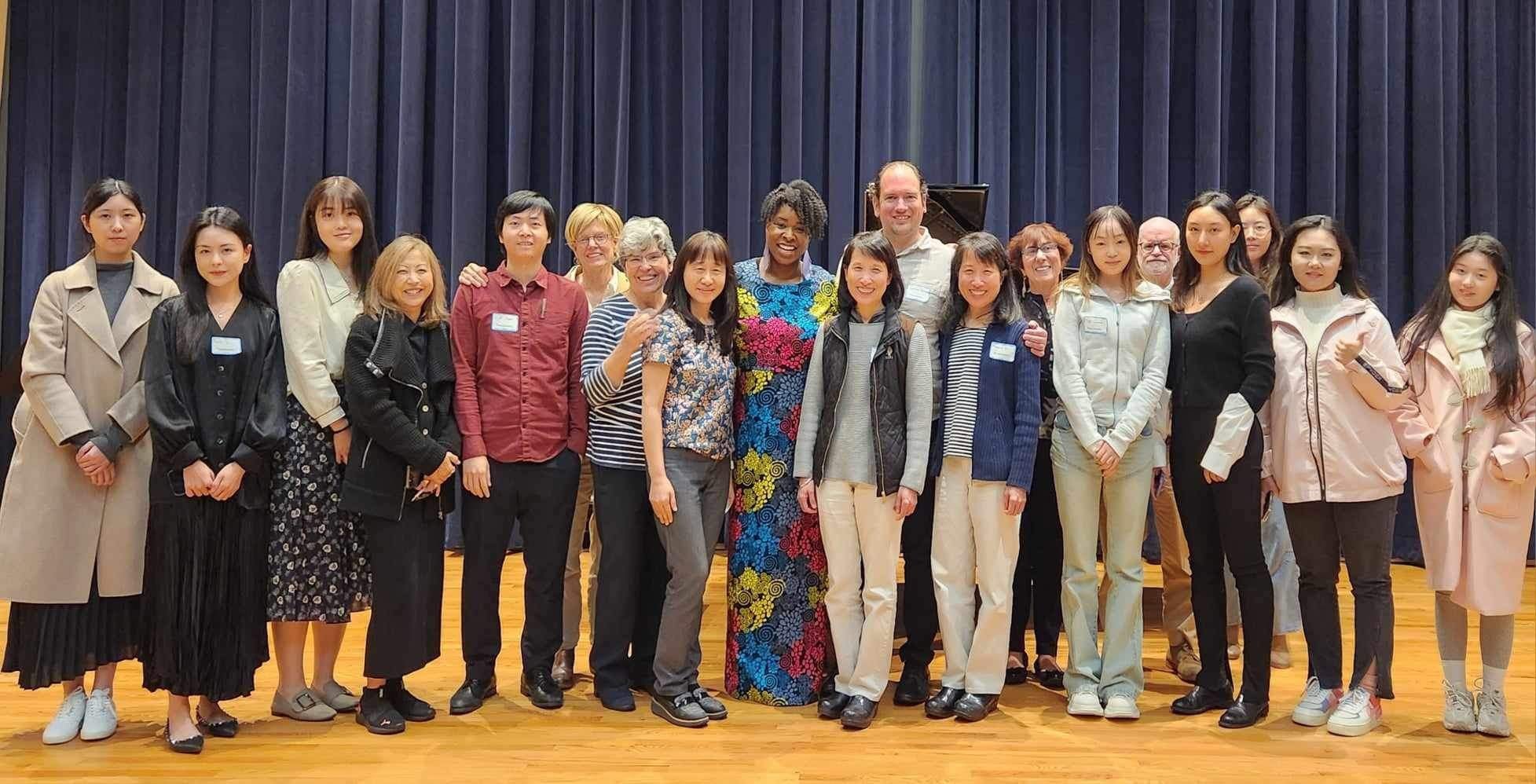2023 Quad State Conference and Professional Development Day Reflections
Group photo Quad State Conference 2023
Last October I had the pleasure of attending two MTNA sponsored events outside of MA: The Quad State Conference, and a separate Professional Development Day hosted by the New Hampshire Music Teachers Association. In writing this article, I had the chance to reflect on a few of the many things I learned from these two events to share with fellow MMTA members.
Day 1: Artina McCain Presentation and Recital
Formula for finding diverse repertoire:
-Gender
-Ethnicity
-Race/ Colorism
-Country of origin
-Living Composer
-Underperformed
The “living composers” category was a great reminder that there are great composers lurking around the corner at any given time period. I remembered one of my students used to say: “Here are the names of all the great composers I know: Mozart, Haydn, Beethoven, and… Mike”, which made me feel that I did a good job in introducing her to old and new alike (she was referring to Mike Schoenmehl).
The same is true for “underperformed” repertoire written by a well-known composer. Chopin, for example, wrote many obscure, experimental pieces. One of these that I had the displeasure of learning was the piano Sonata No. 1 in C minor, first movement. It lacks so many of the pianistic elements that Chopin was well-known and loved for, although the underlying melody and counterpoint was unmistakably powerful. This category is a great reminder to dive deeper even into our own field of familiarity.
For me, Dr. Artina McCain’s recital was the main highlight of her presentation. She seemed to be at ease, completely herself, yet the particular sounds of every single composer on the program was there. I was left in awe from the beginning to end. For me, this is the right kind of balance that pianists should strive to have in their presentation of a musical program.
Day 1: Kevin Michael Sullivan Presentation
I learned of many great composition assignments for students, such as:
-Finish pieces that are already complete, then compare and contrast.
-Recompose: Arrangement, transcription, reduction of an existing piece.
-Write scores for a video
-Just write anything, and ask them to talk about whatever it is that they come up with!
These are all great, easy to use ideas to incorporate into the lesson plan for those learners who might not do well with the more structured approach.
Day 2: Alison Barr Presentation
The theme of the presentation itself is a difficult subject, albeit one that is also extremely important. When does a piece become music? I often asked myself that question as I tackle a new piece for my level of playing and beyond. The answer was not that obvious to me when I am looking at my students from the perspective of a teacher, either. It seems to be a process, and there is really no clear cut “magic moment”.
The thing that most musicians agree on would be to imbue musicianship as early as possible. We must have some kind of vision or sense of the entirety of a piece before playing its first notes. Musicians with great sight-reading abilities seem to be able to do this, and can transform any score into music as soon as they see it. However, if you ask them then what is the point of further practicing, they will tell you that what they have just read is far from finished, there is still a process involved in getting to know the various layers of a piece.
Alison raised many great questions on how to oversee this process for our students. What should we tell the students before asking them to start on a new piece? Should we play for them first? What should we do about technical problems that may inhibit the learning of music?
Day 2: Virginia Eskin Masterclass
Here is a person who has great credibility as someone who has lived a long life within the classical music scene in America leading up to our time. She has many entertaining stories about many of the most well-known artists in 20th century America, but one particular observation of hers that I found striking was that of women’s concert attire. In her time, women had to cover up as much as possible, but in the modern days, the reverse is quite true. Is this good or bad? Perhaps music is no longer as aural as it was in the olden days? Perhaps that is a good sign that women generally feel safer these days? Or perhaps in our time there are simply more women with poor character in the music world? Or, could it be that these days, the way a woman dresses no longer has any implications of her character? Anyways, I tend to believe that the overall fashion trend and climate change has something to do with it, as well. I can imagine that in the not-so-distant future, the planet might become so warm that it might become impossible for people to wear anything other than swimsuits.
She also talked about how neutral music is, how it can be used as a tool for both good and evil, and how it can affect a person both negatively and positively, depending on the situation. “Music is my disease, but it is also my cure” - she quoted. That is actually much more inspiring than it sounds, as it puts the power in the hands of the musicians. “The power of music” is often believed in as a positive force, but in my opinion, it is actually “The power of Bach”, or “The power of Beethoven”, or “The power of [insert any artist name that has made a positive impact in your life here]”, that should be believed as a positive force. We have all heard of stories of absolutely great musicians, who used their fame and influence to maximize their own gains, unconcerned about the suffering of others. In such cases, can we really say that they are not true musicians, and what they are making is not music?
I conclude this article with another one of my favorite quotes from the day (it is rather self-explanatory, unless one has never heard of what a piano is). Once again, what is included in this article is only a small fraction of what I personally take from those two days filled with treasured knowledge, fun, and great colleagues. I look forward to many more years being part of the MTNA, and serving the MMTA as a board member (already have my eyes on that MTNA Fifty-Year Membership Award - only 48 more to go).
“Piano music is always more fun for the player than for the listener” - Virginia Eskin
Vinh Pham, Independent Music Teacher Forum Chair, Massachusetts Music Teachers Association

